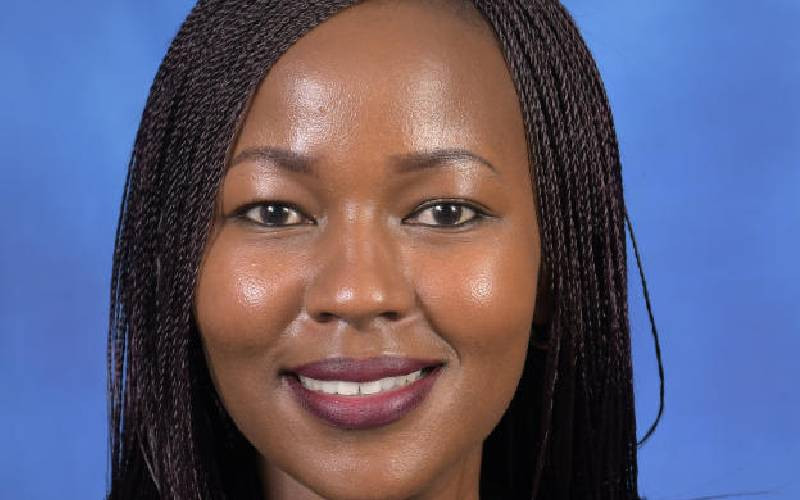×
The Standard e-Paper
Smart Minds Choose Us

As Kenya marks six years since the launch of the passenger services on the Standard Gauge Railway (SGR), one of the key successes is the massive transfer of skills to Kenyans that has been achieved through the project.